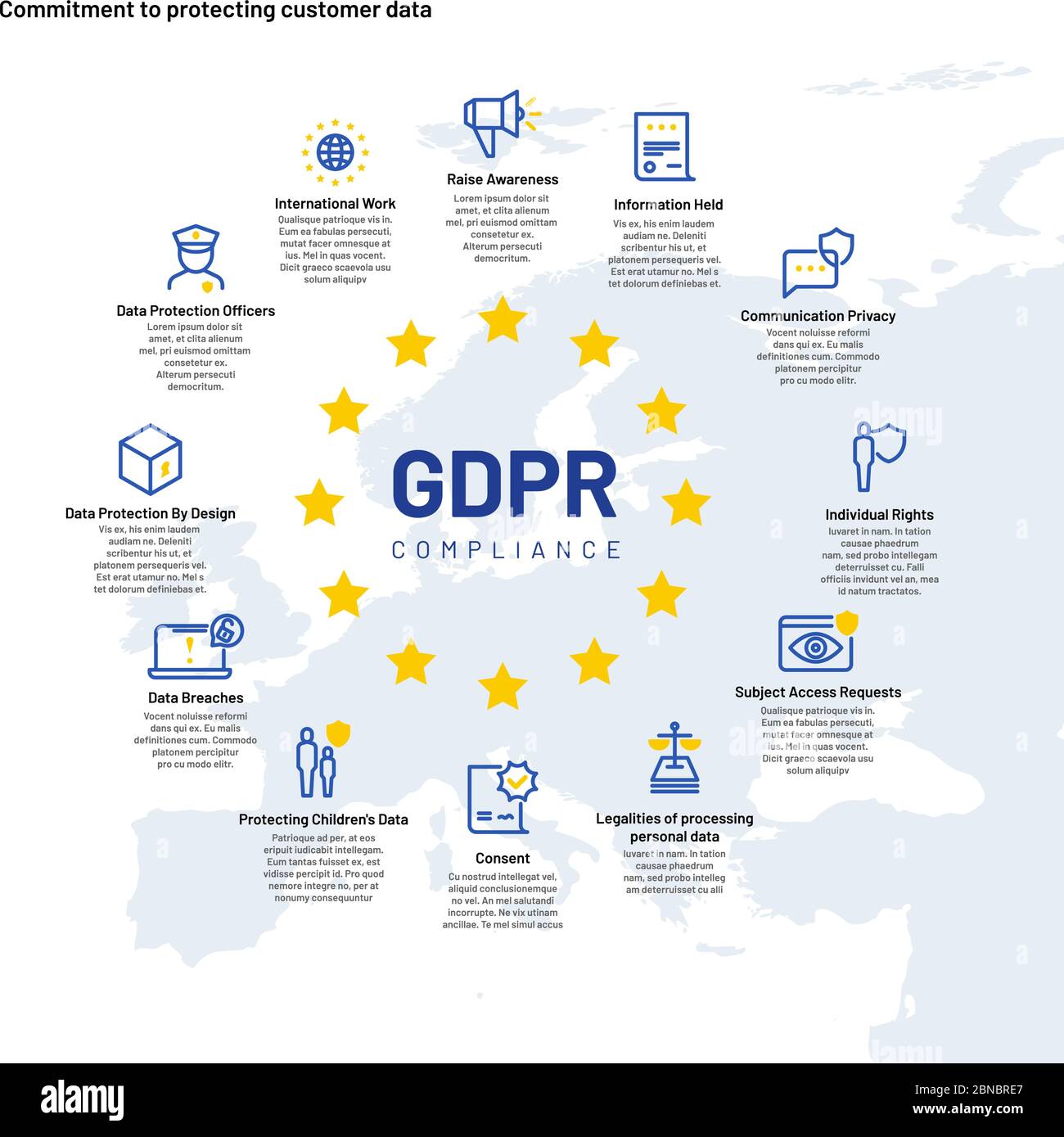
Great, another privacy popup to stress about. Anthropic's new data policy forces every Claude user to make a choice by September 28: let them hoover up your conversations for five years, or keep your data private and feel guilty about not "contributing to AI advancement."
This decision affects Claude Pro, Claude Teams, and free tier users equally. Unlike other AI companies that bury data collection in terms of service, Anthropic is making this choice explicit and unavoidable.
This hits everyone - whether you're on the free tier or paying $20/month for Claude Pro. Say yes, and they'll store and analyze every conversation you've ever had with Claude for the next five years. Say no, and you keep your privacy but miss out on helping make AI better. Choose your poison.
Why This Is Happening Right Now
Simple: regulators are getting pissed about data collection. The EU's AI Act is breathing down everyone's necks, and Anthropic decided to get ahead of it instead of waiting for someone to sue them.
The California Privacy Protection Agency is also ramping up enforcement of CCPA regulations, while FTC investigations into AI data practices are multiplying. Anthropic saw Meta's $1.3 billion GDPR fine and decided asking permission beats paying fines.
Unlike OpenAI, which just hoovers up your data and calls it a day, Anthropic is actually asking permission. Their whole Constitutional AI research means they have to play nice - even when it might hurt their ability to compete.
Five years is a long fucking time to keep chat logs. They used to delete conversations after much shorter periods, mostly just to catch abuse and safety issues. Now they want to keep everything for half a decade to do "longitudinal studies" - fancy talk for "see how people's AI habits change over time."
Enterprise Customers Get a Free Pass, Naturally
Here's the kicker: Anthropic's enterprise customers don't have to make this choice at all. Their contracts stay exactly the same. So if you're paying hundreds of thousands for enterprise access, you're protected. If you're just a regular user? Tough shit, make your choice.
Large companies using Claude API, AWS Bedrock, Google Cloud integration, and Azure OpenAI partnerships maintain their existing data processing agreements.
This tells you everything about who Anthropic actually cares about. Big paying customers get protection, everyone else gets a privacy dilemma with a three-week deadline.
The cynical read? Anthropic figured out that regular users generate the good stuff - creative conversations, weird questions, natural language that actually helps train AI models. Enterprise customers just ask boring business questions. So they're willing to piss off individuals to get that sweet, sweet training data.

